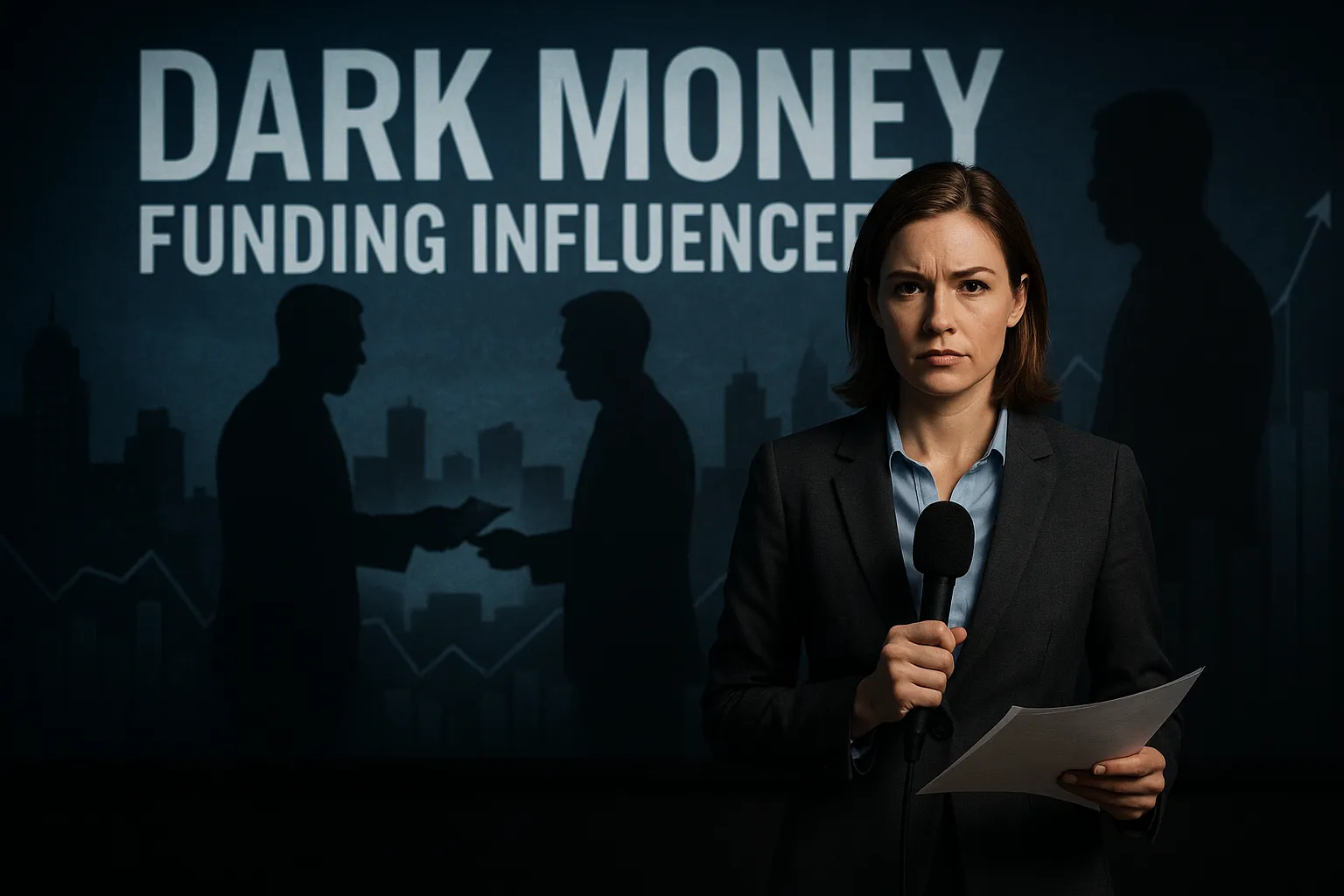News Brief: Taylor Lorenz’s Dark-Money Revelations and Funding Disclosure Debate - August 28, 2025

WASHINGTON, D.C., August 28, 2025 - Tech culture journalist Taylor Lorenz on Thursday expanded on her blockbuster investigation into a clandestine “dark-money” operation funneling funds to left-leaning influencers, and reignited calls for transparency around political influencer funding.
In a live interview on Hill.TV’s “Rising,” Lorenz detailed her findings on a secretive group-known internally as Chorus-that contracted dozens of content creators to promote Democratic-aligned messaging while prohibiting any disclosure of their financial backing. She revealed that top-tier participants were bound by non-disclosure provisions, barred from acknowledging the source of their payments or responding to media inquiries about the arrangement.
Lorenz explained that the contracts explicitly threatened expulsion from the program should creators speak publicly about the funding, underscoring the network’s intent to operate without any transparency. She argued that “audiences have a right to know if opinions they encounter are organically held or paid for,” and urged regulatory bodies such as the FTC and FEC to enforce stricter disclosure rules for political influencers.
Later in the day, Lorenz took to X (formerly Twitter) to challenge the independent nonprofit Sixteen Thirty Fund-another major player in political funding-to produce evidence of any public disclosures of its grants to influencer campaigns. “If the Sixteen Thirty funding was public then point me to one video where they disclosed this funding,” she wrote in a post at 4:00 PM ET.
The call provoked vigorous debate among digital culture circles on Threads, where users both defended and critiqued Lorenz’s reporting. Some community members accused her of omitting her own funding sources, citing a Substack post that allegedly links her to Pierre Omidyar’s philanthropic network; others lauded her push for transparency in an often-opaque industry.
The revelations mark the latest escalation in scrutiny of covert online political influence operations ahead of the 2026 midterm elections, as journalists, regulators, and social platforms grapple with the blurred lines between authentic grassroots content and paid messaging.
Categories
Autos and vehicles Beauty and fashion Business and finance Climate Entertainment Food and drink Games Health Hobbies and leisure Jobs and education Law and government Other Politics Science Shopping Sports Technology Travel and transportationRecent Posts
Tags